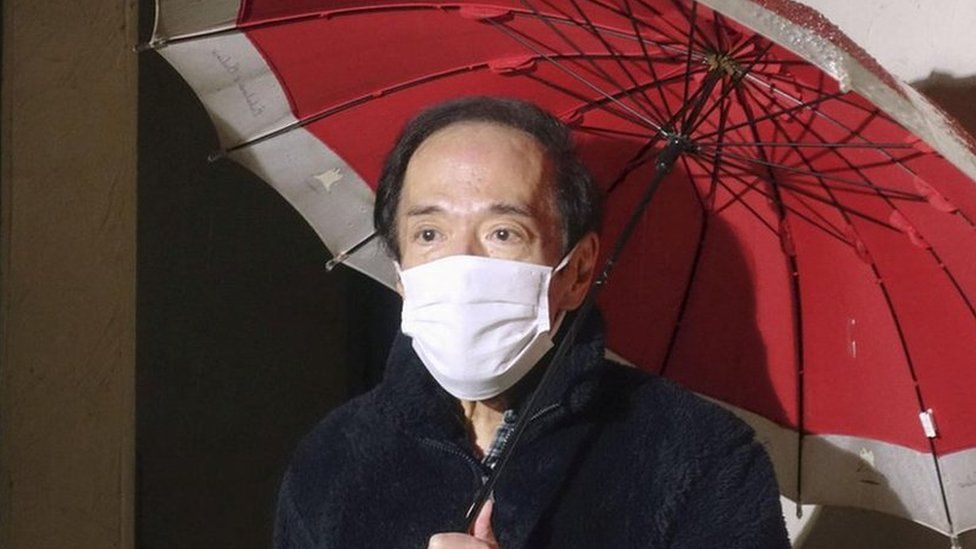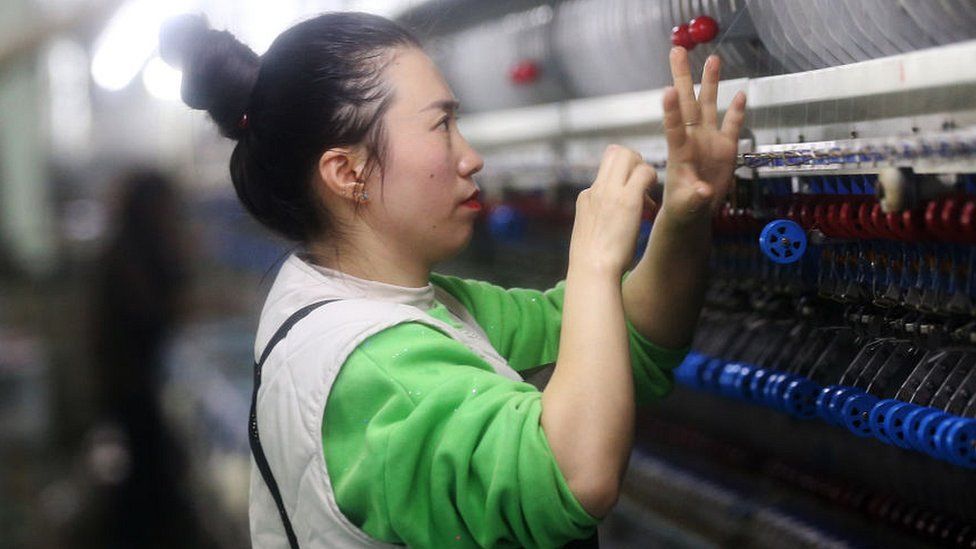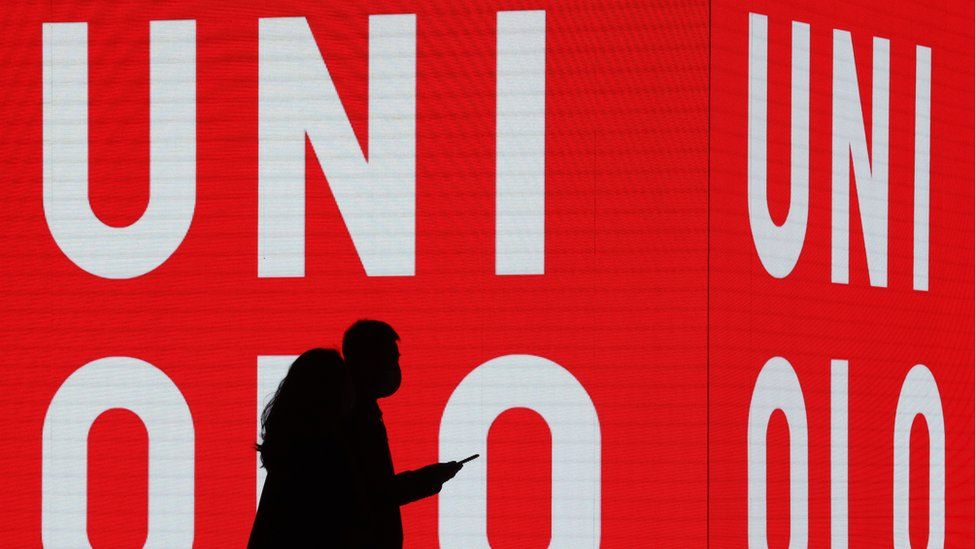
Japanese workers have seen their pay go up at a record rate after the government called on companies to help employees facing rising prices.
Official figures show that, compared to a year earlier, wages rose by 1.8% in May, the fastest pace in 28 years.
The salaries of many people in Japan had barely moved for decades as inflation was almost non-existent.
However, as the cost of living jumped the country’s Prime Minister Fumio Kishida urged employers to take action.
Prices around the world have risen in recent months as countries eased pandemic restrictions and the war in Ukraine pushed up the cost of key goods such as oil and wheat. In Japan costs of everyday items were also pushed higher by its weakening currency.
Inflation in the world’s third largest economy has been rising for more than a year. The most recent official reading showed core consumer prices rose by 3.2% in May from a year earlier.
This year, companies including, Fast Retailing, which owns fashion chain Uniqlo and motor industry giants Toyota and Honda said they would increase their employees’ pay.
Earlier this week, Japan’s largest trade union Rengo said firms had agreed at annual labour talks to the largest pay increases in three decades.
The hikes represent a “symbolic structural change in the Japanese economy,” research analysts from Japanese investment bank Nomura said.
“Japan’s potential labour pool shifted to a rapid decline around the end of 2021,” they added. “This should put sustained upward pressure on wages.”
Earlier this year, Uniqlo owner Fast Retailing said it was raising salaries to “remunerate each and every employee appropriately for their ambition and talents”.
The firm added that it aimed to “increase the company’s growth potential and competitiveness in line with global standards”.
Meanwhile, Toyota boss Koji Sato said he hoped the move would have a positive impact across Japan’s motor industry and “lead to frank discussions between labour and management at each company.”
Rival car maker Honda said the extra money will largely be distributed to younger employees as starting salaries are boosted.
Related Topics
-
-
14 February

-





